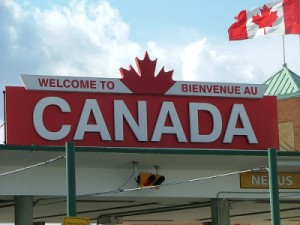Lawyers on Monday challenged a decision to extradite Lebanese-born Canadian university professor Hassan Diab, who is accused of being involved in the deadly 1980 bombing of a Paris synagogue, calling France’s key handwriting evidence “fatally flawed.”

At the Court of Appeal for Ontario, in a room filled with more than a dozen Diab supporters, lawyer Marlys Edwardh sought to discredit handwriting analysis undertaken by France’s expert, Anne Bisotti.
Bisotti’s report was the third such analysis to be submitted to Canadian courts from France. The first two were dismissed after criticism by the defense. Biscotti discovered similarities between samples of Diab’s writing and five words written in a Paris hotel registry shortly before the attack.
Edwardh cited the opinions of five experts and said Bisotti’s conclusions – that Diab likely signed a Paris hotel slip under the name Alexander Panadriyu, which was also used to purchase the motorcycle used in the bombing – are “untested, unverified, and contrary to accepted methodology.”
The handwriting sample is considered to be the “smoking gun” in the decision to extradite Diab, Edwardh said.
Lawyers for Amnesty International, the Canadian Civil Liberties Association and the British Columbia Civil Liberties Association are also expected to speak at the hearing as interveners in the appeal, which continues later today and Tuesday.
Source material can be found at this site.









